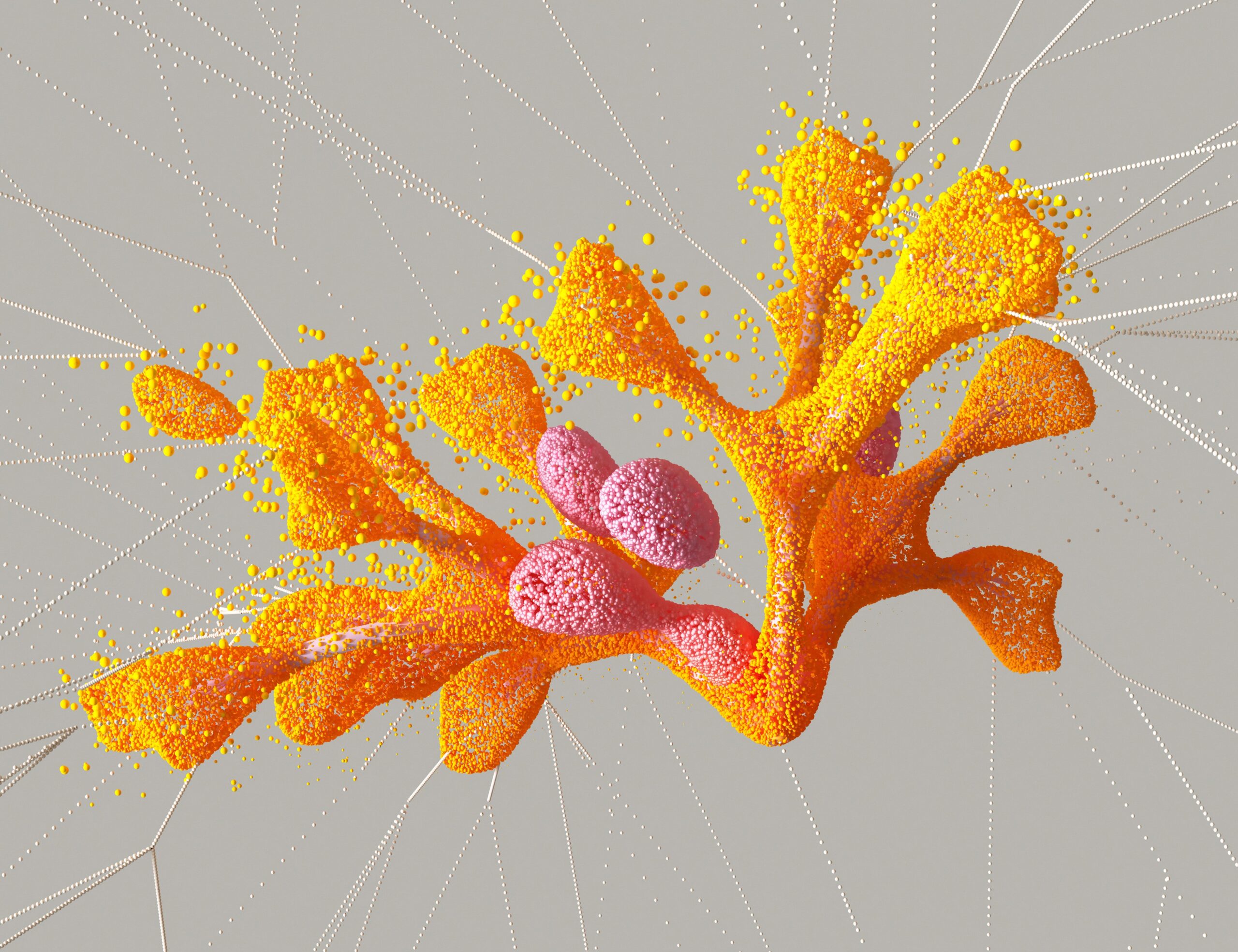AI for biomedicine: Deepmind enters new partnership

Deepmind enters into a partnership with the renowned British research institute "The Crick". Together, the organizations aim to advance the use of artificial intelligence in biology and biomedicine.
Artificial intelligence is already having a direct impact on our everyday lives, for example in autonomous driving, through generative AI systems such as DALL-E 2 and Alphacode or hand tracking for VR headsets.
Beyond these direct application scenarios, AI can be a tool that accelerates science - indirectly impacting our future, but possibly on a much larger scale.
AI to address important biological and biomedical questions
Deepmind, with its protein fold prediction AI AlphaFold, is already impressively demonstrating how a single AI tool can move scientific disciplines forward. The U.K.-based AI company also partnered with Alphabet in March 2022 to create Isomorphic Labs, a new company that aims to bring together biology and computer science.
The partnership with the Francis Crick Institute (until July 2011, UK Centre for Medical Research and Innovation) ties directly into these efforts: The two organizations say they want to use machine learning and AI to "improve our understanding of biology."
Biology arrives in the AI age
The two organizations do not yet provide a detailed description of their plans. However, they explicitly highlight protein design and genomics as research and application scenarios. The partnership is planned for several years.
Deepmind intends to set up a lab at the Crick Institute where the expertise of biologists will converge with the AI knowledge of Deepmind researchers. The goal is to "tackle important biological and biomedical questions" in lab experiments, says The Crick Director Paul Nurse.
"The Crick is a world-renowned research institute, whom we are delighted to partner with as we enter a new era in which AI methods can be used to help model all aspects of biological systems, and accelerate new discoveries," said Pushmeet Kohli, head of AI for Science at Deepmind.
AI News Without the Hype – Curated by Humans
As a THE DECODER subscriber, you get ad-free reading, our weekly AI newsletter, the exclusive "AI Radar" Frontier Report 6× per year, access to comments, and our complete archive.
Subscribe nowAI news without the hype
Curated by humans.
- Over 20 percent launch discount.
- Read without distractions – no Google ads.
- Access to comments and community discussions.
- Weekly AI newsletter.
- 6 times a year: “AI Radar” – deep dives on key AI topics.
- Up to 25 % off on KI Pro online events.
- Access to our full ten-year archive.
- Get the latest AI news from The Decoder.